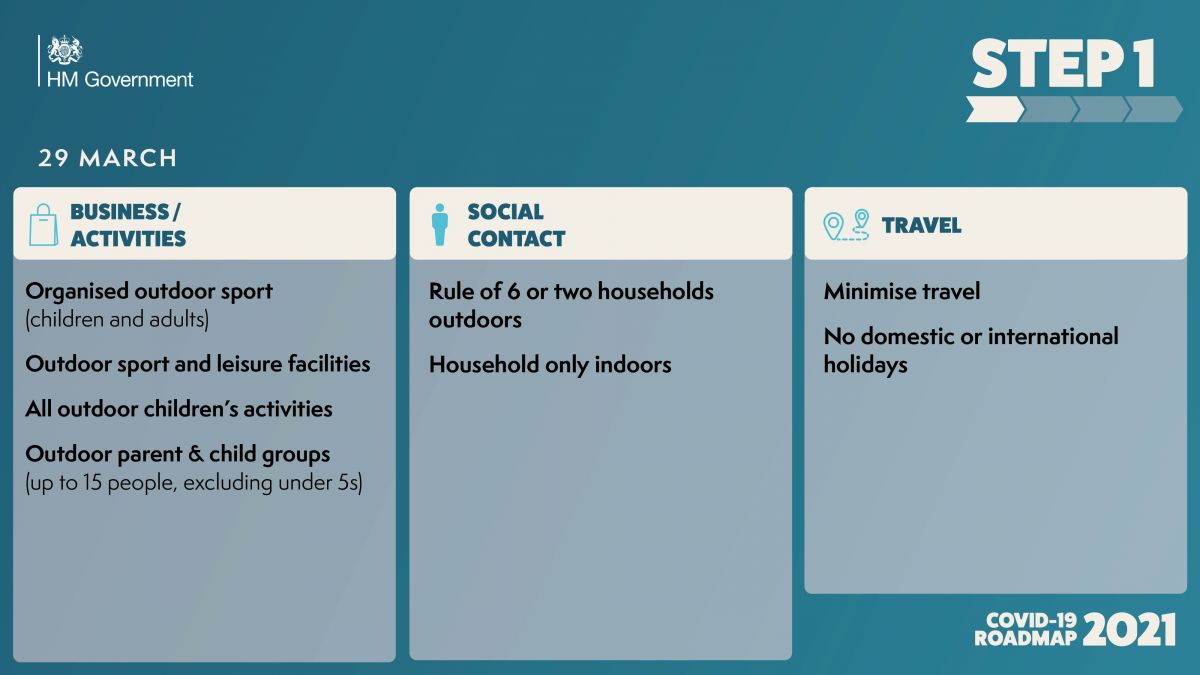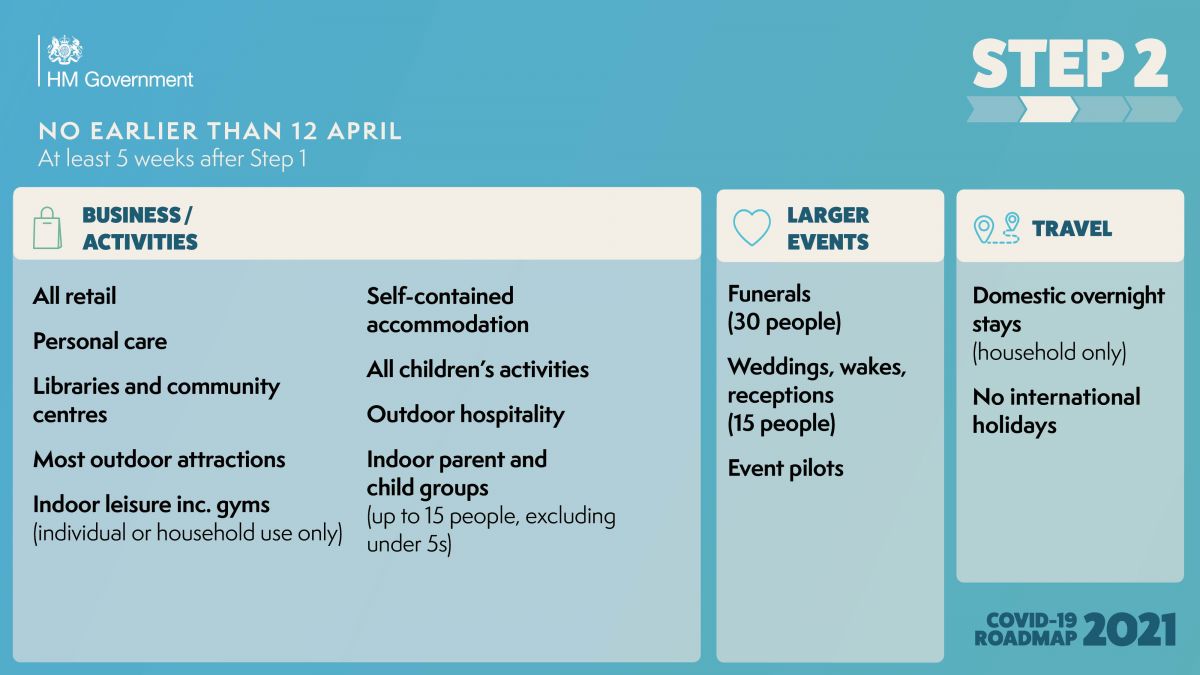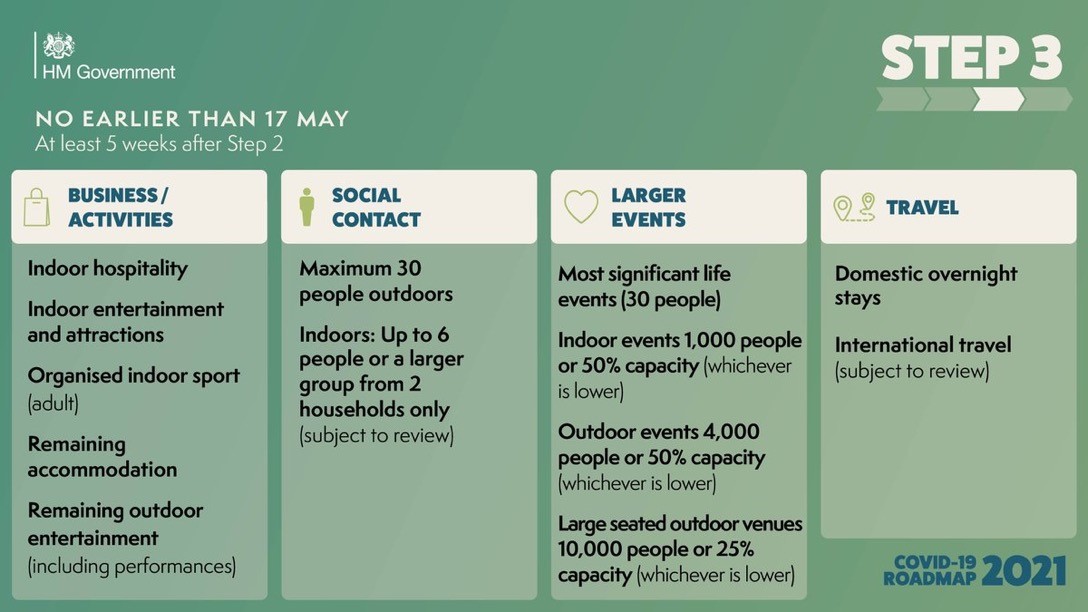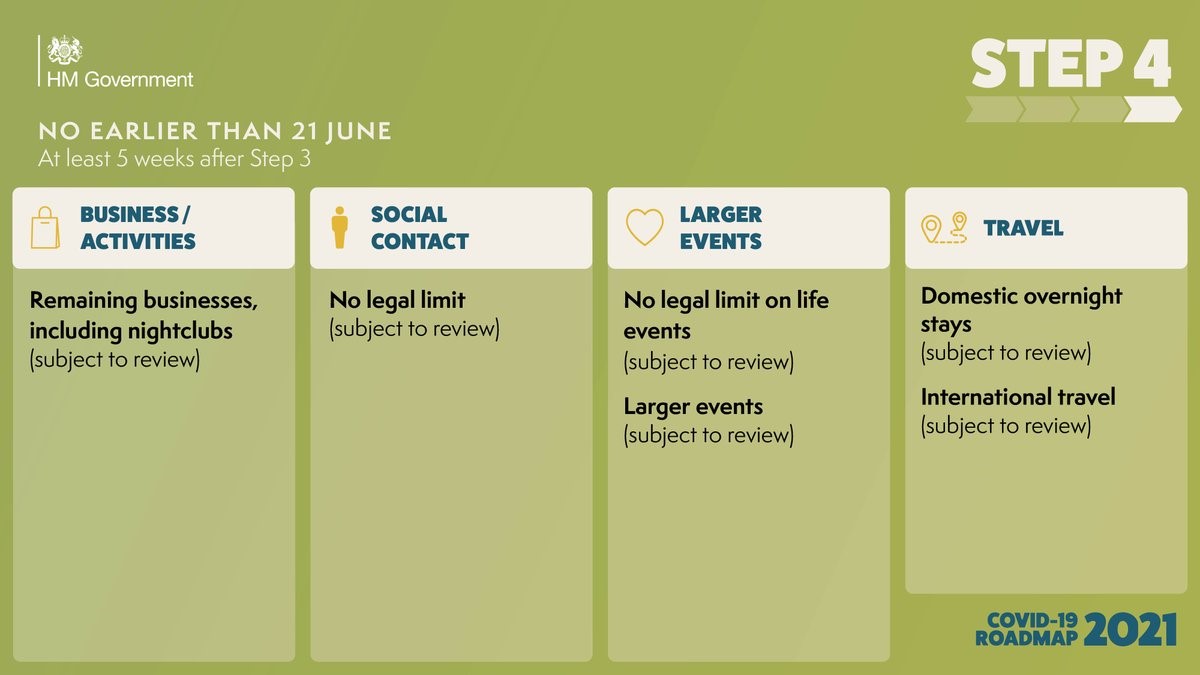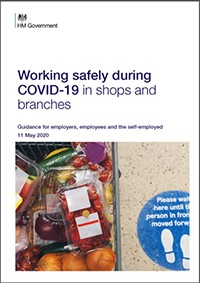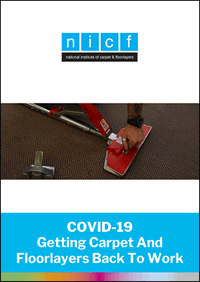Source - Croner
Making Contract Changes Due To Covid-19
Through your association membership, you have free access to HR and employment advice from specialists at Croner.
Businesses like yours have sought Croner’s professional guidance to navigate the challenges presented by the pandemic, including furlough, safety assessments, managing staff, and more.
Unfortunately, redundancy is one of the most common themes Croner have assisted members with recently. While this may be unavoidable for some, Croner’s specialists explain the ways businesses can reduce costs without terminating staff below.
For further advice on redundancy or wider business matters, call your dedicated member support helpline on 0844 561 8133.
Reducing Staff Costs: What changes can I make?
There are a number of ways to save costs via a contract change, including:
- Reducing overall pay
- Reducing working hours
- Moving location or restricting work to one location
- Shifting from full-time to part-time
- Cutting benefits and/or bonus packages
It’s worth noting that making one big change to your workforce is often impractical and unlikely to solve the issue. Firstly, bigger changes often involve higher risk. Secondly, their impact is more likely to be short-term. Making smaller cuts across the board may involve more work, but it’s less disruptive and reduces the chance of tribunal claims.
It is possible for you to make changes in all the areas listed above. However, you need to consider your employees’ rights before making a decision.
How do I know if I can make a change?
The main thing to keep in mind when you want to make an alteration is this: changes are only lawful if both parties agree to the change, or there is a variation clause in the contract.
If you don’t have a variation clause, you’ll need to hold a consultation with the employee to discuss the proposed changes. The length of the consultation will depend on the suggested change and the impact it will have.
A pay change, or a significant change to the employee’s role will require a more substantial consultation. However, a minor amendment to hours will be less significant.
Failure to consult with an employee could lead to a claim of constructive dismissal.
Even if the employee has a variation contract, we’d still recommend holding a consultation period. The bigger the change, the more important it is to consult. This will allow the employee to prepare for the coming change and open a dialogue about any potential issues they’re likely to encounter.
You’ll also need to provide them with right amount of notice.
What if the employee doesn’t agree to the change?
The purpose of the consultation is to find common ground and agree terms. However, this isn’t always possible. In cases where the individual refuses to agree, you have a couple of options.
You can extend the consultation period and continue to search for a solution. It’s often worth doing this rather than putting yourself at unnecessary risk. Consider the following during discussions:
- Have I done everything I can to reach an agreement?
- Are the changes (as they currently stand) absolutely essential?
- Is the change worth the risk to morale and potential legal action?
If the contract has a variation clause, you can try to force the change. However, this is a risky move, and could open you up to claims. The way to do this would be to dismiss the employee and rehire them under a new contract.
If you do decide to take this route, make sure you follow a fair dismissal procedure. That means giving them adequate notice and offering them the opportunity to appeal against the decision.
Help with Reducing Staff Costs
Need to save money in your organisation but not sure how? Our experts have helped thousands of businesses stay afloat during the coronavirus crisis. If you need assistance, call one of our team today on 0844 561 8133.

